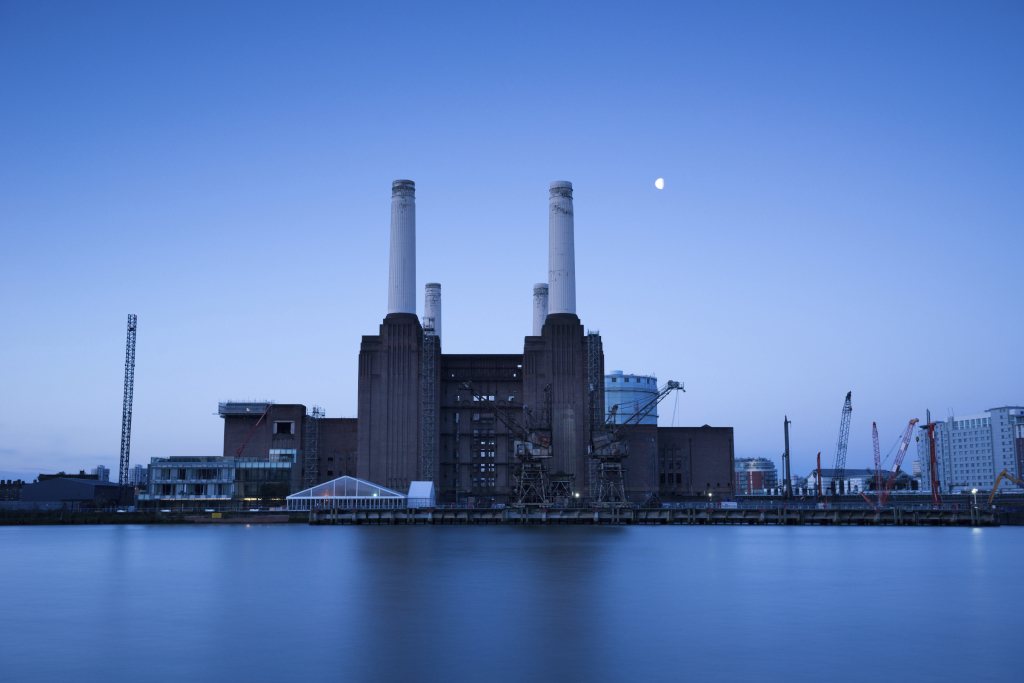Krugman: Forget Taxing Carbon, Let's Just Ban Coal
The proponents of a carbon tax claim that it is a “market-based” approach to curbing so-called “negative externalities” (such as greenhouse gas emissions). They argue that a “putting a price” on carbon, for example, is far more efficient than command-and-control regulations where the government imposes its own technology choices on the energy sector. Yet in a recent article, Paul Krugman lets the cat out of the bag: He’s fine with the government just banning coal. Krugman’s candor is significant, because as a Nobel Prize winning economist and one of the top-read economics blogs on the planet, he sets the parameters of the policy debate for many of his readers. If even Krugman is only paying lip service to “market solutions,” you can bet the rank and file activists are only using that phrase as a rhetorical ploy too.
The context is Krugman’s lengthy review of William Nordhaus’ new book, The Climate Casino: Risk, Uncertainty, and Economics for a Warming World . Here’s the relevant passage, where Krugman lets out his central planner inside:
And yet there is a slightly odd dissonance in this book’s emphasis on carbon pricing. As I’ve just suggested, the standard economic argument for emissions pricing comes from the observation that there are many margins on which we should operate.…Nonetheless, the message I took from this book was that direct action to regulate emissions from electricity generation would be a surprisingly good substitute for carbon pricing—not as good, but not bad.
And this conclusion becomes especially interesting given the current legal and political situation in the United States, where nothing like a carbon-pricing scheme has a chance of getting through Congress at least until or unless Democrats regain control of both houses, whereas the Environmental Protection Agency has asserted its right and duty to regulate power plant emissions, and has already introduced rules that will probably prevent the construction of any new coal-fired plants. Taking on the existing plants is going to be much tougher and more controversial, but looks for the moment like a more feasible path than carbon pricing. [Bold added.]
So don’t let the Ph.D. economists with their fancy jargon make you think this is “let the chips fall where they may” exercise: Sure, he’ll let Nordhaus talk about internalizing externalities, having “the market” come up with a least-cost solution, not imposing arbitrary government regulations that assume the bureaucrats know the answer upfront…but when all is said and done, Krugman knows we need to knock out coal-fired power plants to save civilization itself. (That’s not hyperbole on my part: The title of Krugman’s review is, “Gambling With Civilization.”) If Nordhaus can’t convince elected representatives to put his “market-based solution” in place, then Krugman is happy for the EPA to impose the outcome Krugman wants.
Incidentally, in case the reader thinks I’m exaggerating, consider Krugman’s discussion of how to force China and other countries to go along with a penalty on carbon emissions:
On one side, “carbon tariffs” on imported goods from nonparticipating countries would provide a powerful inducement to join in. My reading of international trade law is that such tariffs would probably be ruled legal by the World Trade Organization—and if not, so much for the WTO. Saving the planet trumps free trade.
In conclusion, I suppose we should be thankful for Krugman’s candor: He’s admitting he’s on a mission to save civilization and indeed the planet itself from coal-fired power plants. If this mentality is driving a Nobel laureate in economics, how concerned do we think the rank-and-file advocate of energy regulations is with economic growth and energy prices?
There is a reason the U.S. produces so much of its electricity—37 percent in 2012, according to EIA—from coal: It is a very efficient way to deliver affordable energy to American consumers. A de facto ban on coal would lead to a sharp surge in prices, and would cause harms especially to poor Americans—an ironic outcome for a “progressive” like Krugman.
The advocates of a carbon tax claim to embrace it as a “market-based solution,” but Krugman’s recent article shows this is merely a rhetorical move. They will support a top-down government blueprint for the energy sector if the public won’t allow Congress to impose an explicit carbon tax. This is precisely why so many critics opposed the EPA’s entry into such areas; it is effectively imposing the restrictions on emissions that the Congress could never achieve through the legislative process.
IER Senior Economist Robert P. Murphy authored this post.



